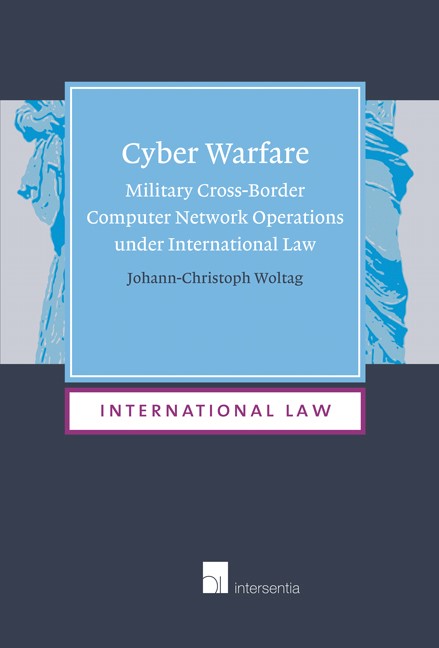Introduction
Published online by Cambridge University Press: 28 November 2017
Summary
‘The mission of the United States Air Force is to fly, fight and
win … in air, space and cyberspace’
United States Air Force Mission StatementRESEARCH QUESTION
The last two decades have witnessed the spread of the Internet into manifold fields of daily life, both obvious and unnoticed. On the one hand the growing pervasiveness of networked information and communications technology has been a driving force of global economic growth and as a result Internet access is today seen as an enabling factor for human development. On the other hand the ability of any networked device to receive communications requests has introduced in many fields new vulnerabilities and possibilities for the exploitation of those vulnerabilities.
By adopting methods initially created by individual hackers, militaries now regard the Internet as a new domain of warfare and devices linked therewith as potential military objectives. The ability to also project military strength via the Internet has therefore become a goal for most militaries and led ever more States to establish special units within their armed forces tasked with defensive and offensive computer network operations.
From the outset it is clear that the relevant rules of international law applicable both during armed conflict and in peacetime could not anticipate the emergence of this novel form of operation. This holds true both for the Charter of the United Nations as well as for the most recent noteworthy codifications of humanitarian law – the 1977 Additional Protocols I and II to the Geneva Conventions of 1949. The main question of this study is therefore whether these frameworks also apply to military computer network operations and if so, whether they provide a sufficient basis to regulate and limit these operations in order to safeguard the rules’ protective purposes. It might even be the case that there have already been rules on this established under customary international law.
Both the literature and governmental statements or media reports reflect a high level of uncertainty when confronted with a legal appraisal of the novelty of computer network operations. Many share the view that the UN Charter is an outdated instrument unable to cope with this new type of military operation, claiming that these operations take place in a legal vacuum, and thereby calling for a complete ban thereof or at least the drafting of a specific cyber warfare convention.
- Type
- Chapter
- Information
- Cyber WarfareMilitary Cross-Border Computer Network Operations under International Law, pp. 1 - 6Publisher: IntersentiaPrint publication year: 2014



